Tue 18 Jul 2017
The decision by the BG Verkehr has driven up operating costs on German windfarm and could adversely
affect safety
In April, the German maritime authority, BG Verkehr, made a decision that has greatly restricted the employment
of many experienced masters of foreign crew transfer vessels on German windfarms. As Philip Woodcock*
explains, the move has not only driven up operating costs, but will also adversely affect safety
The German authorities concluded that the Maritime and Coastguard Agency (MCA)-issued Seafarers’ Training,
Certification and Watchkeeping (STCW) II/2 Master Code Vessel <200t Certificate of Competence (CoC) is not a valid
CoC, recognised by the International Maritime Organisation (IMO).
Without consulting the Maritime & Coastguard Agency (MCA) or industry bodies such as the National Workboat
Association (NWA), they started to board and detain foreign flagged CTVs working in German Waters.
The only way to get this detention lifted was to place a Master <3000 GT onboard. However, these ‘big ship’ masters are
rarely accustomed to operating small, high-speed vessels, and the new requirement therefore threatens to compromise the
safety of passengers and crew. At least one recent safety incident is already being linked to the decision. Furthermore, it
has needlessly elevated operational costs – with an impact that is felt throughout the supply chain.
A recent conversation overheard between a vessel operator and a contractor with a job in Germany was telling. The CTV
operator offered the vessel with his existing certified crew, and placed the obligation on the contractor to supply an
additional Master >3000GT, at their expense, to drink coffee in the wheelhouse with the required CoC. This resulted in
the contractor having to increase his offer to the wind farm by €500 per day just to satisfy a poorly thought out decision
by a regulator.
It is ironic that Germany has taken a step that will ultimately reduce safety levels right at the start of the busy summer
season, and at a time when the industry has been making great strides in improving competence and further reducing the
low levels of risk experienced by CTV operators.
Over the last few years, the NWA in particular has been vocal about the need to reduce the industry skills gap, and driving
CTV masters to upgrade to the MCA-issued STCW II/2 Master Code Vessel <200t CoC. However, at the same time, it
has also stressed that this certification alone does not ensure competence when it comes to the safe transport and transfer
of personnel within the offshore wind industry.
These efforts have been accompanied and supported by industry-wide advances, as evidenced by the G+ issued Good
Practice Guidelines ‘The Safe Management of Small Service Vessels in the Offshore Wind Industry,’ and the International
Marine Contractors Association (IMCA) Guidance Document C 017, ‘Guidance on Competence Assurance and
Assessments: Marine Roles for Small Workboats.’ The UK government’s safety body, The Health & Safety Executive (HSE), has been also working in collaboration with the industry to look at perceived risks during the transfer process. In
its assessment, the HSE has involved all stakeholders to ensure that their concerns are recognised and addressed, to avoid
making knee-jerk decisions with unforeseen consequences.
In this context, the German decision seems even more counterintuitive, and this may suggest that other factors are at play.
Many believe that one possible motive behind this action is a desire to protect and create jobs within the German
maritime sector.
Traditionally, Germany has had a strong merchant shipping industry, but very limited exposure to offshore oil and gas and
marine contracting. Germany’s fishing fleet is also one of the smallest in the European Union, with less than 2,700
crewmen employed, which means that these traditional sources of competent crew for the CTV industry are limited.
Given the overall decline in using western European officers in general merchant shipping, this could also be a means of
using regulatory powers to find work for unemployed container ship officers. This cabotage strategy is common in
Africa, Brazil and America, but goes against the free movement of labour espoused by the European Union.
Whatever the motivation, since the German authorities first took action in April, the industry has been coming to terms
with the uncertainty the decision has generated. The NWA has been issuing regular information bulletins, negotiating
with the MCA and communicating directly with the operators of German windfarms to make them aware of the action,
and to help them understand the consequential risks that were added overnight to their operations.
While the industry waits for more clarity, it is imperative that efforts continue to improve safety standards, raise
awareness of these issues, and mitigate risks in areas where it still has an opportunity to do so.
*Philip Woodcock, general manager, Workships Contractors



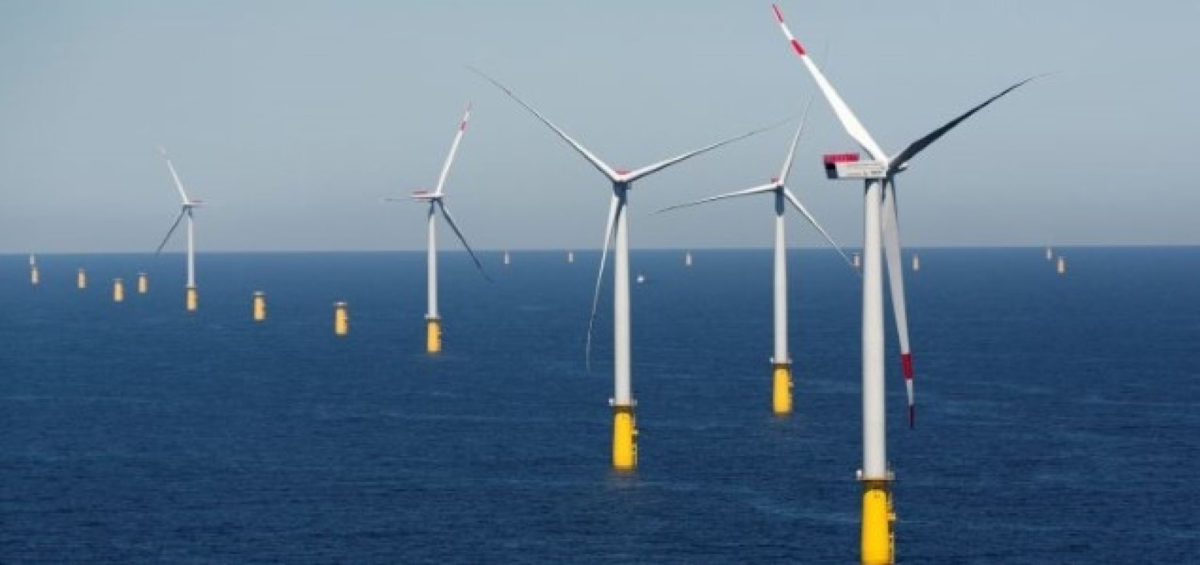
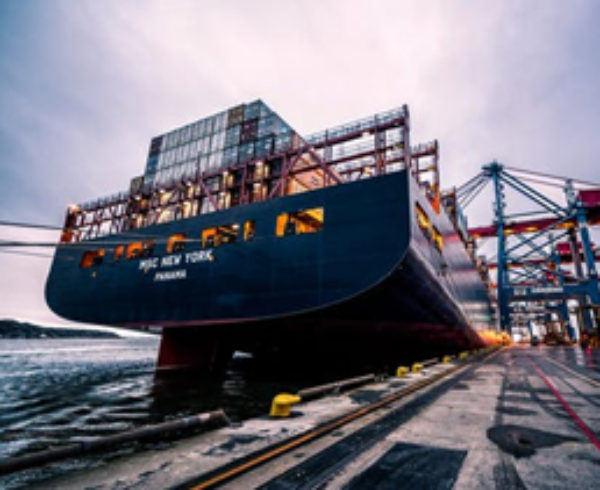
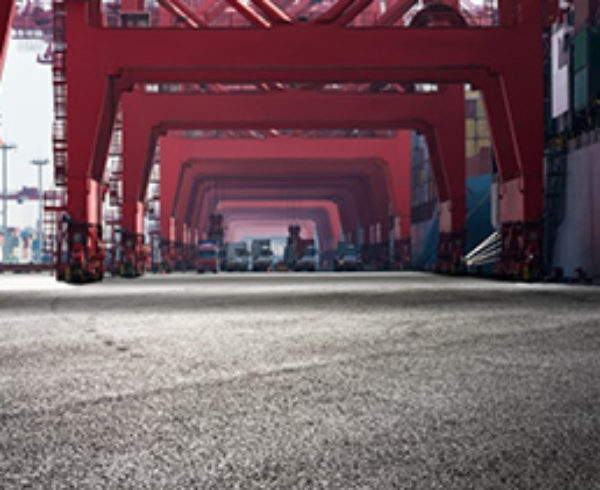
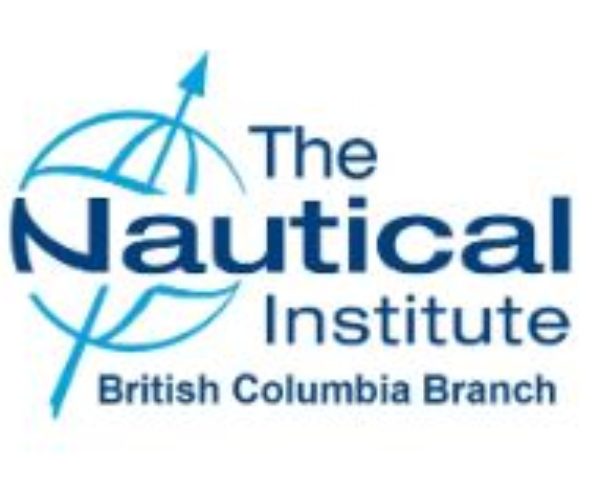
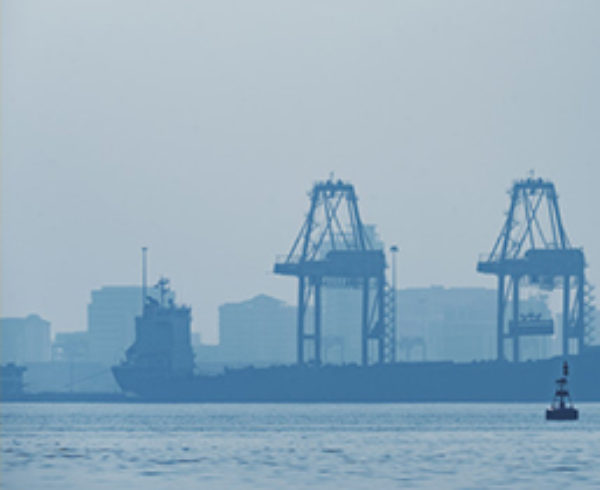
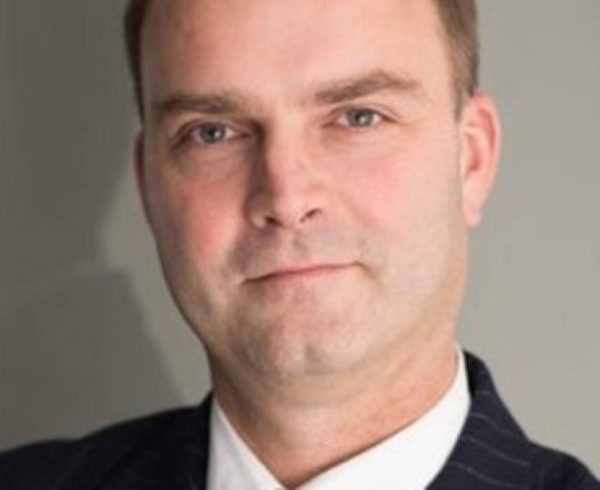
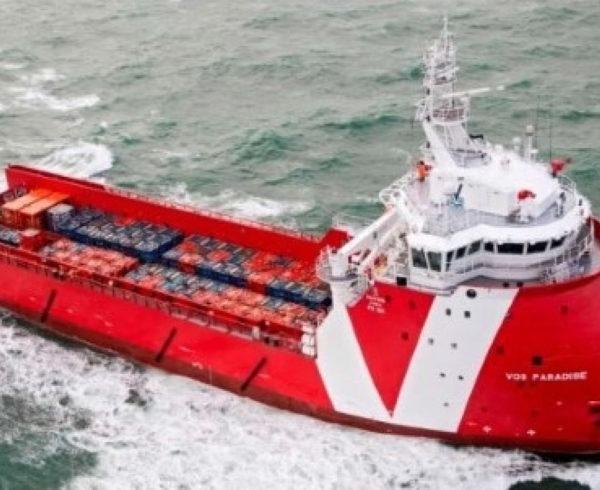
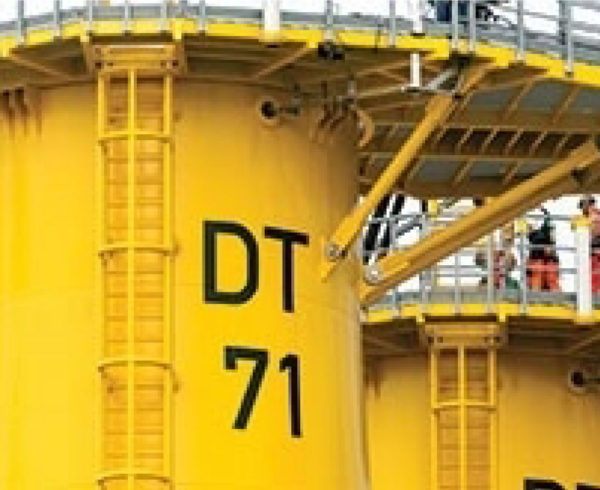
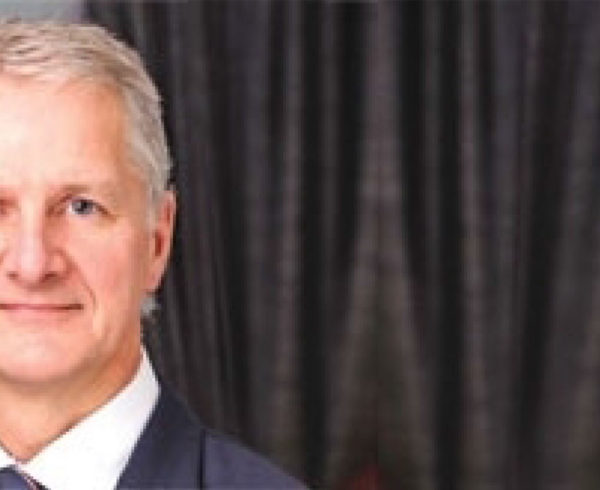

Leave a Comment